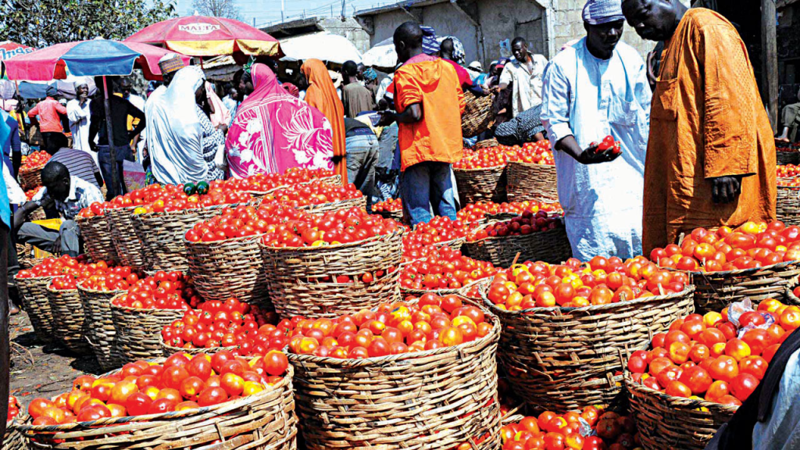
In a bid to combat the high cost of living in Nigeria, the Federal Government has announced plans to regulate the prices of imported foodstuffs. According to the Minister of Agriculture and Food Security, Abubakar Kyari, food items imported within the next 150 days will be subjected to recommended retail prices.
This move follows the suspension of import duties and taxes on food items like rice, wheat, and maize, which was announced earlier. The government aims to crash food prices in the next 180 days and has assured Nigerians that all standards will be maintained to ensure the safety and quality of food items.
The government’s plan includes the importation of 250,000 metric tons of wheat and 250,000 metric tons of maize, which will be supplied to small-scale processors and millers across the country. This move is expected to increase the availability of food items in the market, thereby reducing prices.
Additionally, the government will engage with stakeholders to set a Guaranteed Minimum Price (GMP) and purchase surplus food commodities to restock the National Strategic Food Reserve. This move is aimed at ensuring that farmers are incentivized to produce more, while also ensuring that food items are available at affordable prices.
The Minister assured that information will be publicly available to facilitate participation from all relevant stakeholders across the country. The government’s move is aimed at addressing the high food prices currently affecting the nation, and Nigerians are urged to be patient as the measures are implemented.
The government’s move has been welcomed by many, who see it as a step in the right direction towards addressing the high cost of living in Nigeria. However, some have expressed concerns about the ability of the government to effectively implement the measures, given the country’s history of corruption and inefficiency.
Nevertheless, the government’s move is a positive step towards addressing the food crisis in Nigeria, and it is hoped that it will lead to a reduction in food prices and an improvement in the standard of living for many Nigerians.






